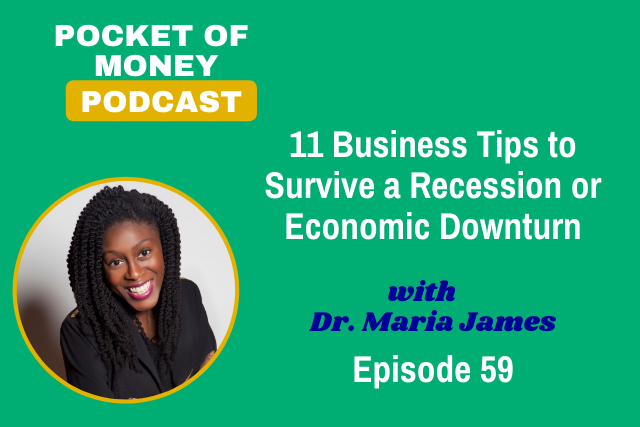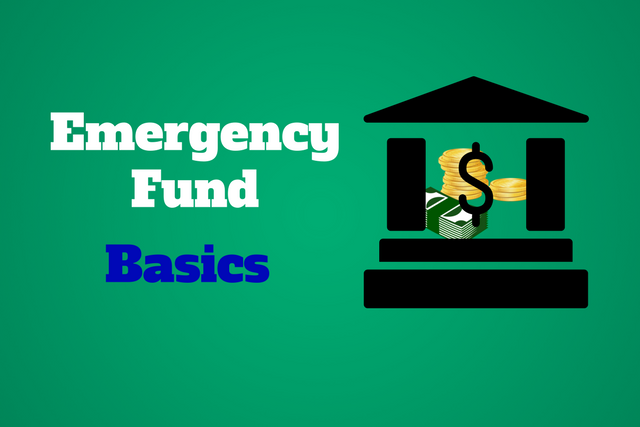Should I Save Up or Use a Credit Card to Pay for Vacation?

It’s almost the season of summer vacations, the time where a lot of people take some time off of work to relax and maybe travel. Whether you’re planning to do a staycation or hot the road, your vacation is going to cost money. Should you pay for the vacation using cash or a credit card?
Not everyone can afford to go on vacation. Did you know that America is only one of 13 countries that do NOT guarantee paid time off for all employees? It’s up to the individual companies to offer PTO (paid time off). You may very well know some people in jobs where they are hourly or contractual, aka if they don’t show up then they don’t get paid.
However, even those who do have vacation time, don’t take all of it. About half of the employees in the U.S. in the Travel Association’s Project Time Off study didn’t use all their vacation time.
If you’re going to take a vacation, then you may be determining if you should use all cash or is it ok to put it on a credit card.
The answer … it depends.
I know. It would be so much easier if that was a yes or no question, but you have to consider your financial situation and behavior. Credit cards are not universally bad, but you have to be clear on when it’s ok to use them and what that means.
Straight Cash
You may have seen again and again that cash is king. You’ve been told to always use cash to make purchases. This is sound advice and very advantageous for your financial health.
When you use cash, aka money you actually have already, to buy what you need for the vacation there are benefits over using a credit card.
1) You do not gain or increase debt.
Credit cards are generally high-interest consumer debt. Interest rates can range from 10% up to 30%. The average interest rate has increased to over 17 %. I haven’t seen a standard 10% interest offered since I signed up for my very first credit card.
You will negatively impact your financial health by acquiring debt that will grow by 17 to 30%. Debt decreases your financial health. Debt causes you to lose more money not make more money.
2) You will stay in budget.
You’re less likely to spend way more than you should when using cash. The great and not-so-great thing about cash is that once it’s done, it’s done. You’ll stick to the amount you designated for the vacation or else you’ll have to use cash that is designated for another expense.
You need to use cash if:
- you are not able to pay off a credit card balance in full
- you must use credit in order to afford the vacation (decrease your vacation expenses versus using credit)
Credit Time
By now you may truly be wondering what the good reason for using credit is. There are some instances where it is perfectly good and quite advantageous to use credit.
First, remember we just discussed that if you can’t pay your credit card off in full then you should use cash. Using a credit card because you can’t afford the vacation can double the cost of the vacation by the time you pay off the card.
Alright, so the main advantage of using a credit card is rewards. Many credit cards offer perks such as redeemable travel miles, hotel stay points, cash back on purchases, etc. If you have such a credit card, then it’s great to charge the expenses on the card and then pay off the amount before the interest hits.
Use credit if:
- you have the cash to pay off the credit card immediately
- you have the discipline to pay off the card immediately
- you get rewards for purchases
- you have a 0% interest credit card that you can pay off the balance before the interest starts
Saving Solutions
I know getting all the cash together for a vacation can be tough. Give yourself time and make a saving plan.
1) First create a vacation budget.
Include the obvious costs such as travel, accommodations, food, and activities. Remember to include other fees such as departure tax per person for international travel, potential restroom costs, travel around the location such as a car sharing service, taxi, or subway. There is a budget template in the Money Management Toolkit that can help you organize.
2) Automate saving.
Your general budget tells you how much money you can put towards saving per month. Once you know the dollar amount, automate the transfer of that dollar amount to a saving account. You can set up a transfer at your bank or use saving apps.
Money Travel Tips
1) Tell your bank.
Alert your bank or lender that you will be traveling so they don’t freeze your card or constantly ask for verification. I’ve definitely experienced my card being declined because I was out of town. This is great fraud protection so I’m glad they do it, but then I spent about 15 minutes on the phone convincing my bank it was me and I was buying something in this “weird” location.
2) Have emergency cash.
Depending where you’re going, they may not take debit or credit cards. Have some cash available. You don’t want to go hungry or not be able to get essentials because you didn’t anticipate not being able to use your card.
3) Check the exchange rate.
If you’re traveling internationally, don’t immediately exchange all your money. The exchange rate can fluctuate daily. It may be changing in your favor, meaning your money becomes worth more each day. If that is the case, exchange some of your money at a time.





